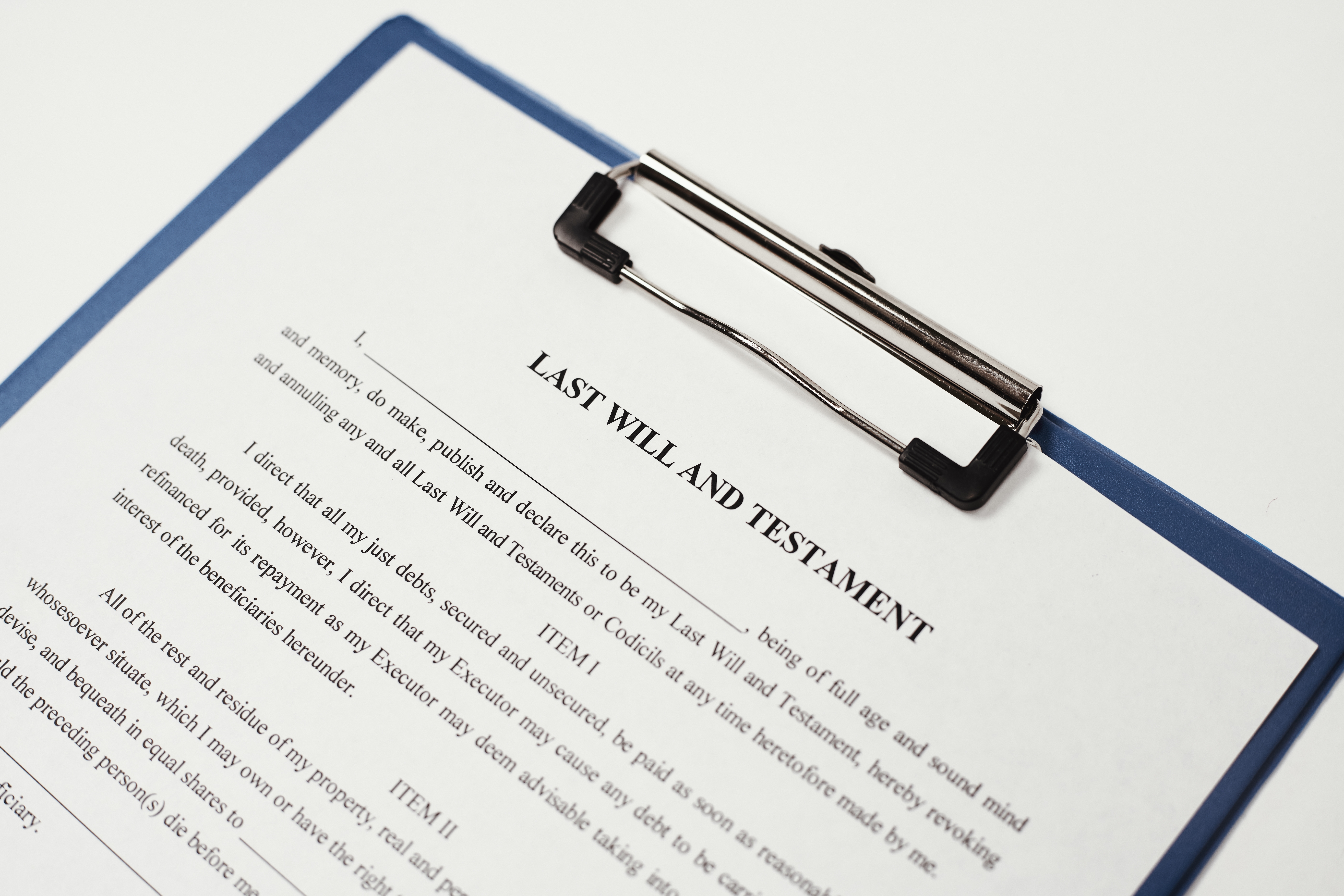Quevedo & Ponce - Noticias Legales
New Labor Rights under the Organic Law on Persons with Disabilities
- July 11th, 2025
- Quevedo & Ponce
The National Intellectual Property Service (SENADI), exercising its regulatory authority, has issued Resolution No. 003-2024-DG-NT-SENADI. This technical standard aims to regulate preparatory procedures for verification and blocking of URLs that may violate intellectual property rights in the digital environment. Its application focuses on protecting intellectual property rights against the difficulty of identifying and locating the alleged infringer and to curb infringements that easily migrate to other digital infrastructures.
To request this preparatory procedure, the interested party must submit an application to SENADI’s Technical Enforcement Directorate. Requirements include identification of the applicant and notification methods, determination and accreditation of the allegedly violated right, factual and legal grounds, and identification of the subject against whom the procedure is directed, if known. It is essential to specify the object and purpose of the procedure, which is the concrete request for verification and blocking of URLs with infringing content. The URLs must be listed along with IP addresses and access ports, and a sworn statement before a Notary Public assuming responsibility for possible harm to third parties must be submitted. Additionally, notarized evidence of the URL displaying the infringing content, the applicant’s signature, and proof of payment of the corresponding fee are required.
Once the application is deemed clear and complete, the Technical Enforcement Directorate will verify whether the URL content may allegedly infringe intellectual property rights. If confirmed, authorized internet service providers and carriers in Ecuador will be ordered to block the URLs and redirect them to an informative website about the alleged violation. The standard also contemplates dynamic blocking and the possibility to request the maintenance of the block if a principal action, such as an administrative protection claim, is initiated. It is important to note that this procedure does not apply to blocking domain names, social media content, or content through digital streaming applications.
At Quevedo and Ponce, we offer specialized advice on the application of preparatory procedures to protect intellectual property rights in the digital environment. Our team is ready to guide you through the verification and URL blocking request processes, ensuring the defense of your rights in the digital realm.
Más Artículos
Trámites en línea – Una alternativa al servicio notarial tradicional
Reducción gradual del Impuesto a la Salida de Divisas (ISD) en Ecuador: Nuevas tarifas y fechas clave para el 2022.
¿Cómo disolver, liquidar, reactivar y cancelar una S.A.S.?
Descubre cómo funcionan los procesos de disolución, liquidación, reactivación y cancelación en las Sociedades por Acciones Simplificadas (S.A.S.) en Ecuador.
¿Qué tan útil puede resultar el otorgamiento de un testamento?
Reducción gradual del Impuesto a la Salida de Divisas (ISD) en Ecuador: Nuevas tarifas y fechas clave para el 2022.
20 Cambios fundamentales de la ley reformatoria del COGEP
Reformas Legales Impactantes: Cambios Clave en el Proceso Legal
10 cosas para tener en cuenta al contratar un trabajador a tiempo parcial
Flexibilidad laboral con el Acuerdo Ministerial 135: Contratos parciales, jornadas y condiciones laborales claras para empleados públicos y privados.







